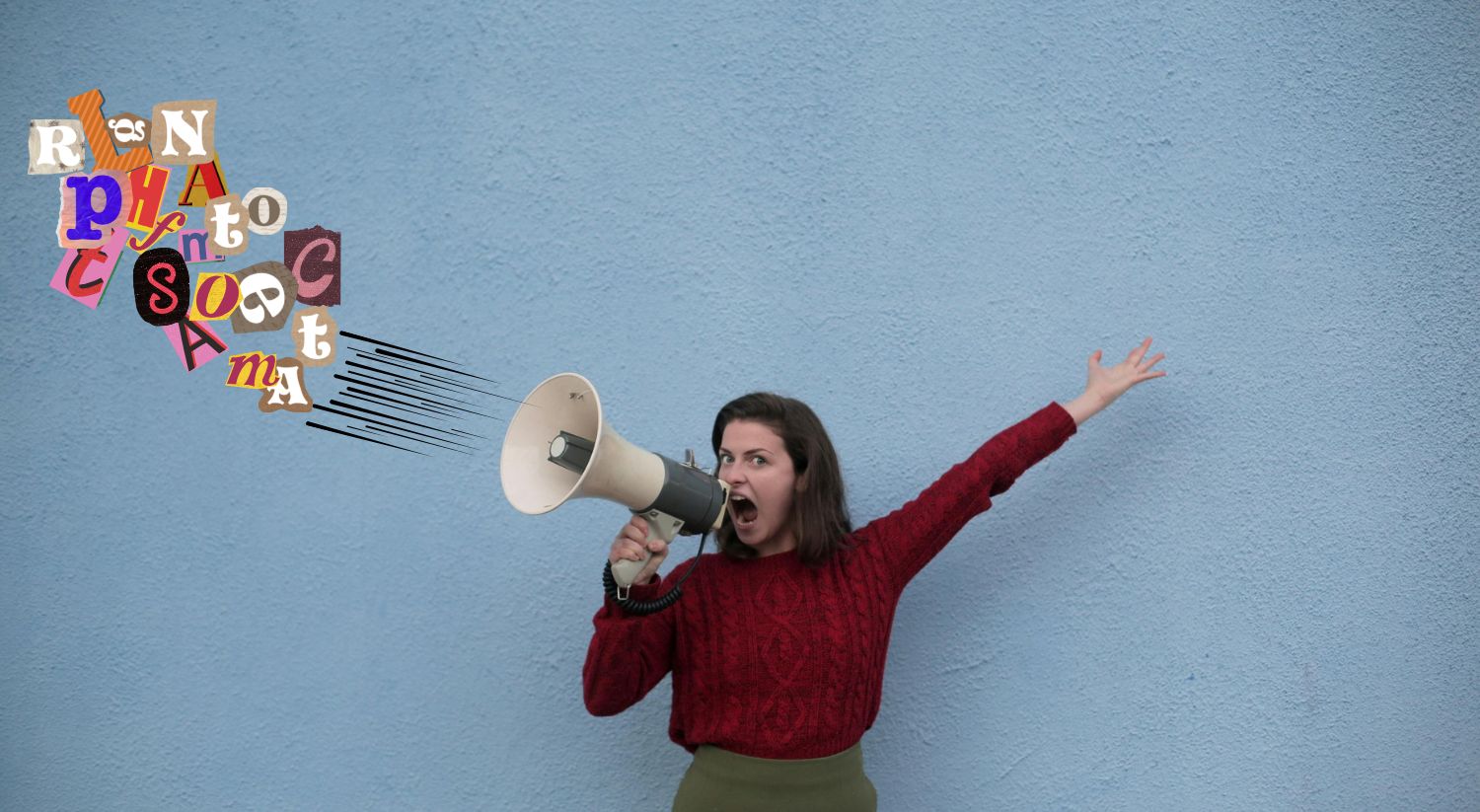
The fastest languages in the world are a monumental challenge for anyone trying to learn them. In addition to their grammatical and written complexity, their spoken speed is almost supersonic. This makes understanding the fastest spoken languages seem nearly impossible—at least until reaching a more advanced level of fluency.
But how can we tell if a language belongs to the list of the world’s fastest? We’ve all experienced it: outside the structured environment of a language school, everything suddenly feels faster. Any language can seem like it’s being spoken at 2X speed when we travel to its country of origin. This is completely normal and part of the natural learning and mental adaptation process.
However, the languages we’re about to explore go beyond what we’d consider “normal” speeds.
These are the fastest languages in the world—spoken at a pace that feels almost inhuman. The number of syllables or words per minute is astonishing when compared to other tongues. Curious to know more? Buckle up… because we’re about to enter the Formula 1 of spoken languages!
Why do languages seem faster in everyday situations?
We’re pretty sure this has happened to you:
You’ve spent time and money learning a new language at an academy. At some point, you feel confident enough to travel and have a conversation with a native speaker. But within the first three sentences… frustration hits. You barely understand a quarter of what was said.
Here’s some reassurance—this is perfectly normal, and it happens for several reasons.
The difference between the classroom and “real life”
First, learning a language in a structured, academic setting is very different from using it in the real world. In class, your teachers adapt their speech and vocabulary to match your level, helping you understand the language properly. Naturally, the speed of speech in a classroom is much slower than what you’ll hear on the street.
When we learn, it’s necessary to slow down the pace of communication to make it more educational. In fact, if your teacher spoke at natural speed from the start, you’d probably leave class more confused than when you arrived.
After all, the goal of language academies is to help you process words and structures correctly, not overwhelm you.
But there’s another reason why almost any language can be a real challenge in speed terms—and it’s rooted in how your brain works. Let’s take a closer look.
The brain as an adaptive organ
Your brain needs time to absorb and process a new language. As we’ve seen in other articles, learning a foreign language requires a massive amount of cognitive energy. In fact, scientists say it’s one of the most demanding learning processes you’ll ever experience—only comparable to when you learned your native language as a child. That’s why many people associate learning a new language with “mental growth.”
Because this phase is so delicate for your brain’s cortex and memory systems, it’s necessary to slow things down. Even if the language you’re learning isn’t technically one of the fastest, your brain still needs time to adjust.
Think of it like breaking in a new car—you need a “warm-up period”. So at first, even the most average-paced language might sound like a fast-forwarded audio track.
But not all languages are the same…
Even with all these neurological explanations, we can’t say all languages are spoken at the same speed. At least not when it comes to spoken pace and delivery.
So, does this mean some languages really are faster than others?
Absolutely. And next, we’ll explore exactly why that is.

How is speech speed measured in languages?
There are countless reasons why some languages are spoken faster than others. So many, in fact, that analyzing them all could take ages—and still not lead to a single, definitive conclusion. Some scientists argue that climate plays a role in speech patterns. Others go even further, factoring in geography, environment, and terrain to explain differences in speaking speed.
But the truth is, there’s no one-size-fits-all reason why a language might speed up.
You’ve probably noticed this in your own native language. If you live in a big city, people might speak faster than those in rural areas. If you’re from the coast, your speech could be quicker than someone from the mountains. Of course, we also can’t ignore the fact that some people simply speak faster by nature, regardless of location.
Now, let’s ask the real question:
Are some languages inherently faster than others?
In other words, how do we actually measure the speed of spoken language? The answer lies in linguistics—the science of language. Let’s take a closer look.
How linguists measure the fastest spoken languages
Linguistics is the branch of science that studies how languages evolve and function. Within this field, researchers have developed scientific parameters that allow them to measure speech speed objectively. These methods help identify which are truly the fastest in the world.
Here are some of the key criteria used:
- Isochrony: This variable helps linguists measure how quickly speakers pronounce similar syllables—those with the same length, stress, cadence, and structure.
- Moraic structure: In linguistics, a mora is the unit of time between syllables. It tracks the phonetic pauses a speaker takes between one syllable and the next.
- Phonetic stress: Some languages have multiple stressed syllables within a single word. This variation can significantly affect how fast or slow a language is perceived.
Linguist Arthur Lloyd James categorized speech rhythms into two groups: “machine-gun” languages and “Morse code” languages. Machine-gun languages are the fastest, spoken at a rapid-fire pace. Morse code languages are much slower and more deliberate in rhythm.
Does grammatical complexity affect speed?
At first glance, it would seem logical to think that more complex languages are spoken more slowly. But real-world use proves the opposite.
Languages like Spanish, which have rich and intricate grammatical structures, rank among the fastest languages in the world. Meanwhile, other languages with simpler grammar systems can be spoken more slowly.
So, what does this tell us?
It’s not the language itself that’s fast—it’s the people who speak it. That’s why even within a single language, you’ll hear noticeable speed differences. For example:
- Galician Spanish is spoken more slowly than Andalusian Spanish.
- Caribbean English tends to be slower than Irish English.
And there are thousands more examples just like these.
If we can draw any conclusion from this complex topic, it’s that there’s no single reason behind why some languages are faster than others. At least, not when it comes to the fastest languages on Earth.
But now comes the real curiosity…
Which languages actually top the list in terms of speech speed?
Let’s find out.
The 10 fastest languages on earth
Measuring speech speed—or linguistic velocity—was a real challenge for scientists. Quantifying something so subjective seemed like a nearly impossible task. But a group of linguists from the Université de Lyon found a way. They analyzed dozens of languages using criteria like isochrony, mora timing, and phonetic stress. Thanks to these methods, they were able to determine which are the fastest spoken languages in the world. Here are the results:
Japanese
The average Japanese speaker speaks at a very impressive speed of 7.84 syllables per second. It’s considered the 100-meter sprint champion of spoken languages.
Spanish
The language of Cervantes is not far behind. The average Spanish speaker speaks at a speed of 7.82 syllables per second. And that doesn’t even include fast regional variations like Andalusian Spanish or Chilean Spanish, which are spoken at an even quicker pace.
Finnish
Finland’s national language is known as one of the hardest to learn in the world. On top of its grammatical and writing complexity, if you want to speak Finnish, you’ll need to sharpen your “spidey sense.” Finnish speakers talk at a brisk 7.80 syllables per second.
Portuguese
Like Spanish, French, or English, regional variation impacts the speed of Portuguese. Brazilian Portuguese differs from European Portuguese, and even African varieties—like those spoken in Angola or Mozambique—vary in rhythm and speed. Still, Portuguese averages around 7.50 syllables per second.
French
Despite being one of the fastest spoken languages, French is also one of the most widely recognized. Research shows that French speakers articulate words at an average speed of 7.18 syllables per second.
Italian
Italian is not far behind the top contenders. Studies show that it’s spoken at an average of 6.99 syllables per second, just slightly slower than its closest linguistic rivals.
English
Before Mandarin Chinese took the crown, English was the most spoken language on the planet. You might assume that such a global language would be slower and easier to understand. But actually, English ranks among the top five in the speaking velocity. It’s spoken at 6.19 syllables per second.
German
Many find German challenging due to its complex system of vocal inflections. Add to that a speaking speed of 5.99 syllables per second, and things get even more demanding.
Vietnamese
Vietnam is often associated with a calm, laid-back pace of life… until people start talking! Vietnamese speakers average 5.89 syllables per second, placing the language in ninth place among the world’s fastest.
Mandarin Chinese
It may come as a surprise that the most spoken language on Earth is also one of the fastest. Mandarin Chinese rounds out the top ten with a speed of 5.18 syllables per second.
Does speaking faster mean less understanding?
Looking at this list, you might be wondering about how much information is actually communicated. Here’s the good news: speed doesn’t equal less meaning.
Across languages, the depth and density of information remain fairly consistent. On average, human languages transmit around 30 to 40 bits of information per second. This means that every language finds a way to package and deliver information efficiently—regardless of how fast it’s spoken.
In other words, this ranking reflects only how quickly the language is spoken, not what is actually being said.
So, if you’re planning to learn one of these lightning-fast languages, you’ll need to train your ears to process at a new rhythm. But don’t worry! Thanks to modern technology, you can understand native speakers—even at top speed. How? Technology has your back.

Translation technology is your best ally… Even with the fastest
It’s completely natural to feel nervous about traveling to countries where language is really fast. You might worry that you won’t catch everything people say, or even miss out on parts of a conversation. That’s totally understandable—mastering a language is no easy task, especially when people speak at lightning speed.
But here’s the good news: you can leave those concerns behind. With AI-powered translation technology, speed is no longer an obstacle. Tools like Talkao’s translation features help you understand everything, no matter how fast someone is speaking. Here’s how.
Talkao Translate: Cutting-Edge AI translation in your pocket
Without needing bulky gadgets or complicated devices, you can download Talkao Translate right to your smartphone. This powerful app lets you translate conversations in over 125 languages with exceptional accuracy. Best of all, it adjusts the speaker’s pace to match your natural comprehension speed, so you won’t miss a single word.
Talkao is also designed to adapt to different accents, intonations, speaking styles, and cadences. Almost like magic, the app can even speed up or slow down a conversation to match the rhythm of the person you’re speaking to. That means you can confidently engage with people from around the world—no language anxiety required.
Real-Time AI-powered simultaneous translation
Imagine traveling with a real-time interpreter wherever you go. With Talkao’s real-time AI translation, that dream becomes reality. The app instantly translates any spoken conversation, in any language, and at any speed.
Just like a native speaker, Talkao detects every word in real time and delivers a translation in fractions of a second. That means when you visit a country where people speak super fast, you’ll still be able to keep up with long conversations effortlessly—as if you were fluent yourself.
Master even the fastest languages with Talkao
No doubt, a fast language can pose a challenge. But with Talkao by your side, you can understand every word, no matter how quickly it’s spoken. So there’s no excuse—go explore, connect, and enjoy all the richness this world has to offer.
With the power of Talkao’s AI translation, language speed is no longer a barrier. Travel the globe with confidence—and never get lost in translation again.










Newsletter